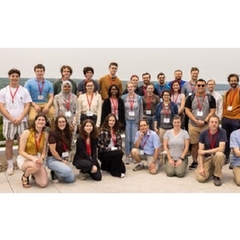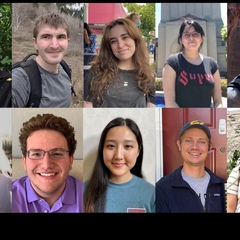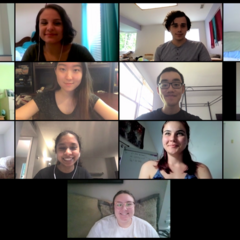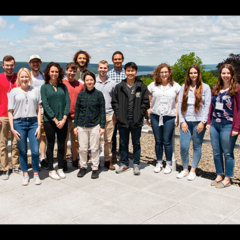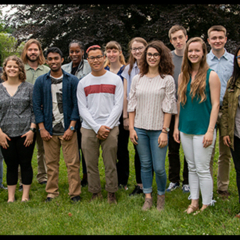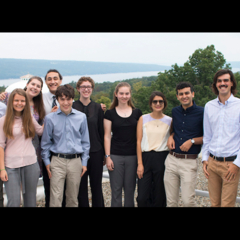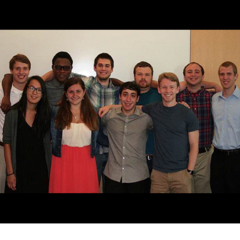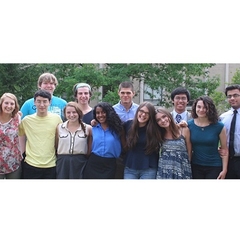Research Experiences for Undergraduates (REU)
Applications for 2025 Program should be submitted no later than January 28, 2025
Note that consideration of applications, and any offers made, will be contingent upon available funding.
The National Science Foundation (NSF) has renewed our grant for a Research Experiences for Undergraduates program in the Cornell Laboratory for Accelerator-based Sciences and Education (CLASSE), which encompasses accelerator-physics research and X-ray science.
In addition, undergraduates can apply to our Center for Bright Beams (CBB) summer program for Underrepresented Groups and do exciting research in the science of Bright Beams. Information on CBB can be found at: http://www.cbb.cornell.edu/
Under our programs, approximately twelve CLASSE and five CBB science and engineering students from around the country will be invited to participate in research at the Laboratory. There are several other REU programs on campus with whom we share housing and programs. Each CLASSE/CBB participant will receive a $6,000 stipend for their summer research work at CLASSE.
The REU programs are open, by NSF regulation, only to US citizens and permanent residents. If accepted, you will be required to show proof of citizenship or permanent residency. These CLASSE/CBB programs are intended primarily for sophomore and junior students in science and engineering. In exceptional cases first year students could have enough familiarity with physics, engineering, or computer science to profit from their research experience. Students who have not yet enrolled as undergraduates and students who will have a Bachelors degree by the summer of 2025 are not eligible according to NSF regulations. If accepted, you will have to show proof of health insurance coverage for the period of the REU Programs.
The ten-week program will start on Monday, June 2, 2025 and end on Friday, August 8, 2025. In addition to participation in research, the program will include informal seminars, formal lectures, tours of research facilities, social and recreational events, and a forum at summer's end in which participants will present the results of their research.
At the current time we anticipate normal in-person participation, with appropriate Covid precautions as required by the University and the State of New York. If the Covid situation degrades significantly, the possibility of remote participation is not ruled out.

